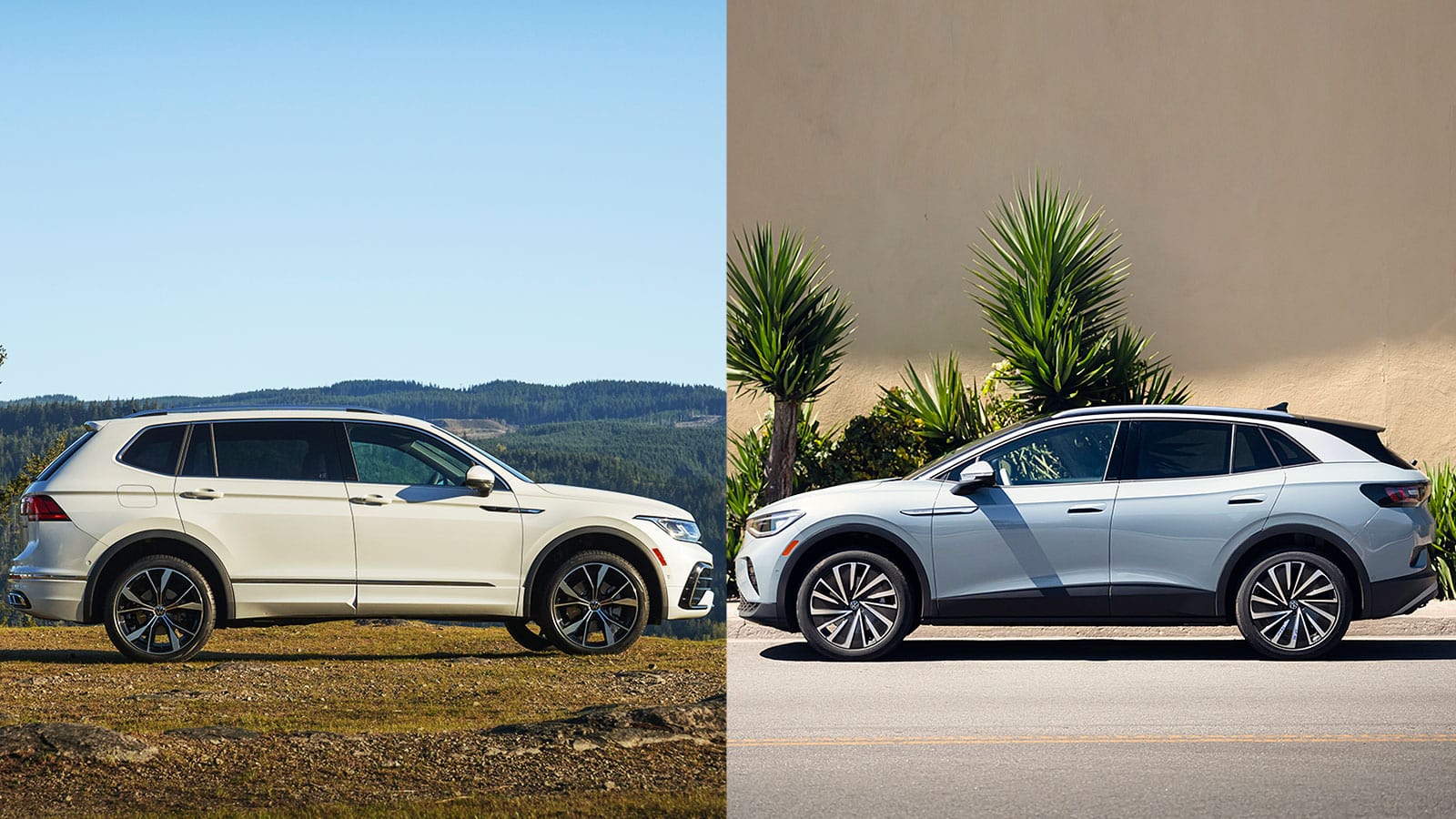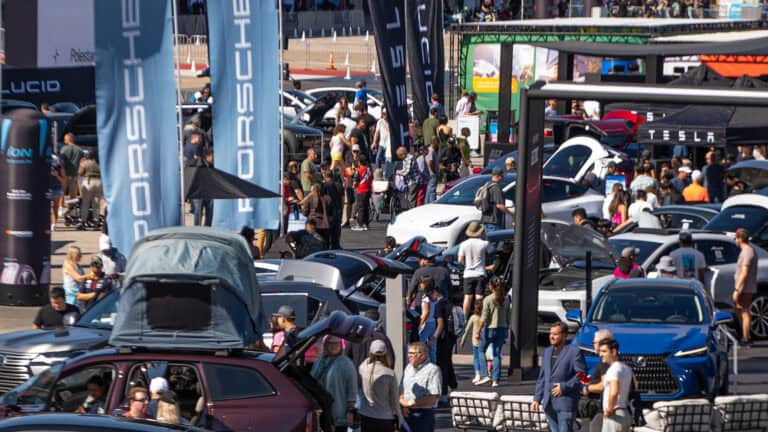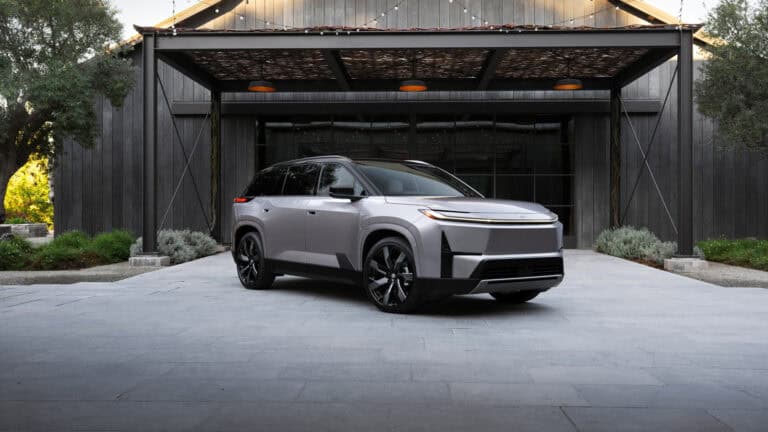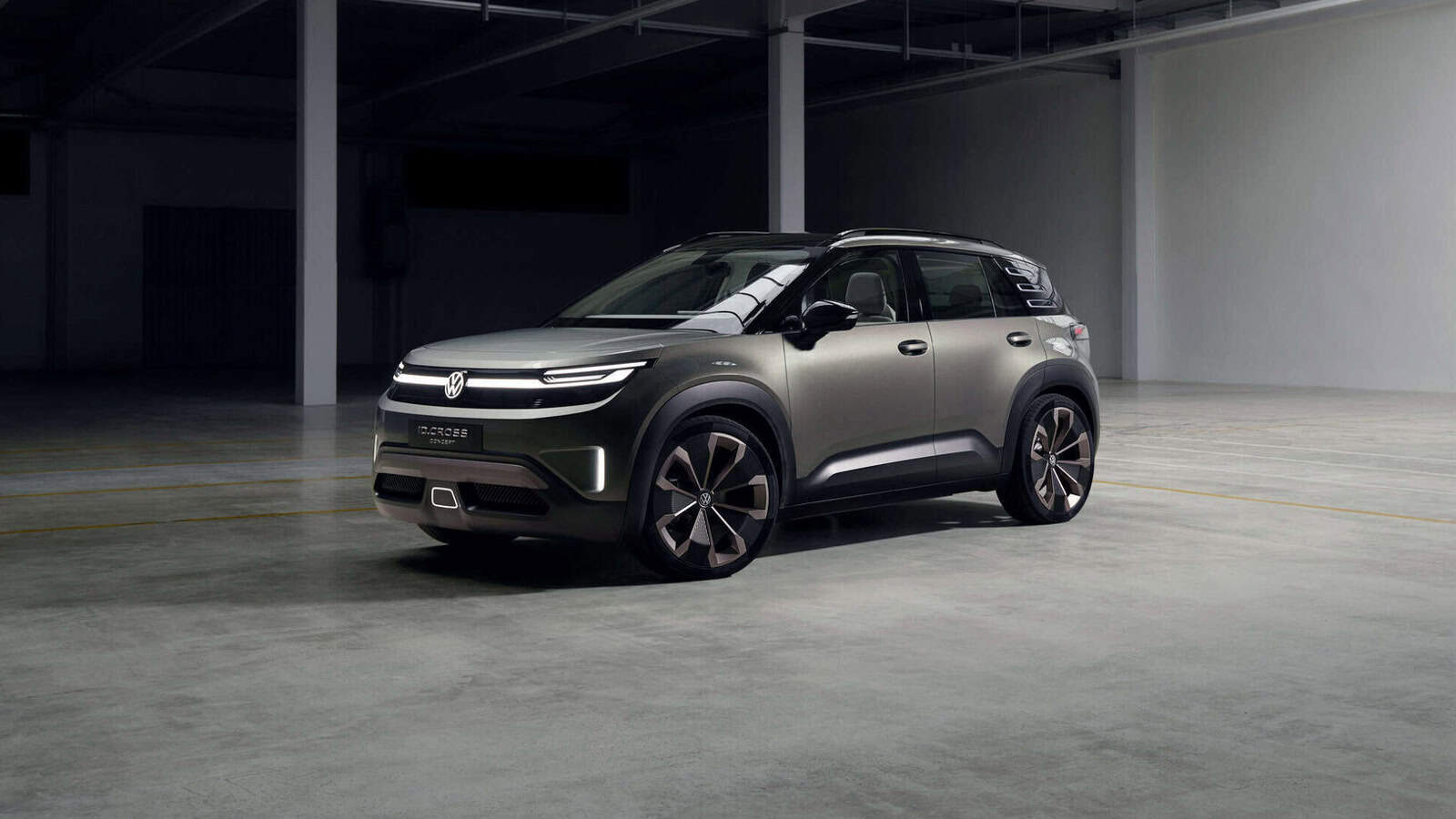- The VW ID.4 is one of the most affordable electric cars thanks to free charging from Electrify America.
- When comparing the ID.4 to the VW Tiguan, the ID.4 costs less to fuel and maintain.
- Along with financial benefits, EVs deliver smooth rides, more torque, and environmental benefits.
It’s no secret that the sticker price on a new EV is generally higher than the sticker price on a comparable gas-powered car. When it comes to EV ownership, the big question is whether or not the true cost to own an EV is less than owning a gas-powered car.
The answer to the big question is: “It depends.”
The true cost to own any vehicle depends on where the driver lives, how much driving they do, and the cost of maintaining the vehicle. The benefits of electric cars involve the low cost of ownership and the impressive tax incentives. While EVs do require routine maintenance, they never need oil changes, transmission repairs, or other costly combustion engine service. You’ll never find a puddle of oil on the garage floor or have to suffer through an engine misfire from troublesome spark plugs.
EVs do need tire rotations, cabin filter changes, brake repairs, and wiper blades — but so do gas-powered cars. So, EV owners save about $100 every 5,000 miles on those oil changes. If you drive 10,000 miles annually, you’re saving approximately $200 on oil changes alone.
Upfront Costs and Specifications: VW ID.4 vs. Tiguan

The Volkswagen ID.4 is an affordable electric car that is built in the United States. Its nearest equivalent is the Volkswagen Tiguan, a gas-powered SUV. Both seat five and have similar cargo space. The Tiguan has 37.6 cubic feet of cargo space behind the second row, while the ID.4 has 30.3 cubic feet of cargo space behind the second row. There is a $10,000 difference between the entry-level sticker prices. According to Car and Driver, the MSRP sticker price on the 2024 ID.4 Standard is $41,160, and the 2024 Tiguan 3 has an MSRP of $30,305.
The VW ID.4’s price tag is significantly lower than the average price of an electric car. According to Kelley Blue Book in July 2023, the average price of an EV was $53,469. This price could be lower now, as Tesla has dropped prices a few times after the summer of 2023. The same KBB report shared that gas-powered cars have an average MSRP of $48,334. Despite the higher sticker price, when factoring in tax incentives, fuel costs, and maintenance expenses, EVs have proven to be cars with the lowest cost of ownership.
That $11,000 price difference changes as soon as drivers realize that most 2023 and 2024 ID.4 models qualify for the $7,500 Inflation Reduction Act tax credit. So, that drops the ID.4 Standard to $33,660. The ID.4 Standard comes with a 62-kWh battery, rear-wheel drive, 201 horsepower, and a range of about 206 miles. The next model, the ID.4 Pro, has a bigger 82-kWh battery pack with a longer range and a higher price tag.
The VW Tiguan S has a turbocharged 2.0-liter four-cylinder engine with 184 horsepower, front-wheel drive, and an EPA-estimated combined fuel rating of 26 mpg. The compact SUV has a 15.3-gallon gas tank, so the Tiguan has a range of about 390 miles on a tank of gas. When it comes to range comparisons in an electric car vs. gas car, gas cars win, but the price per mile in a gas-powered car is higher.
Filling the Tank
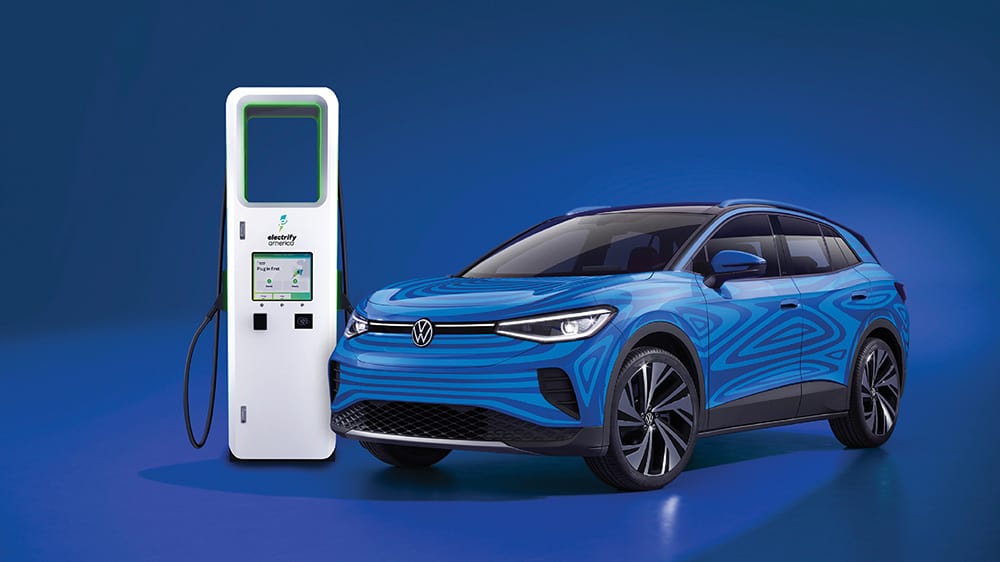
The range on the entry-level ID.4 Standard is a little over half that of the Tiguan S. But, the cost to fill the tank is significantly different. At $3.50 per gallon, the Tiguan owner will spend more than $50 to fill the tank.
Volkswagen ID.4 drivers have several options to “fill the tank.” Charging at home with a Level 2 charger requires overnight hours. The average kWh cost in the United States is 15.73 cents according to EnergyBot. At that rate, it costs $9.75 to fill a completely empty battery at the average kWh price. Of course, owners would need to install a Level 2 charger. That cost varies based on electrical needs in the home and the price of the charger. Let’s say the entire installation is $500 — after federal and state incentives. That $500 is the equivalent of 10 gas tank fill-ups.
When we break down the price parity of electric cars vs. gas cars, it’s useful to look at the cost per mile for charging and gasoline. At 26 mpg, the Tiguan costs about 13.4 cents per mile. If a full at-home charge costs $9.75, a 206-mile range costs about .047 cents per mile. The price per mile drops to zero for the ID.4 when it comes to free DC fast charging at Electrify America stations.
The big difference with the VW ID.4 is the free charging at all Electrify America charging stations. All ID.4 owners get unlimited 30-minute sessions of free DC fast charging and 60-minute sessions of Level 2 charging for three years.
How much does it cost to charge an electric vehicle? As someone who drives an EV but doesn’t get free charging, I usually spend between $25 to $40 at public DC fast charging stations like those from Electrify America. While the Tiguan driver has to always pay for gasoline, the ID.4 driver doesn’t. EA requires a one-hour period between each charging session, so it’s a great deal for VW ID.4 drivers for long road trips and local charging sessions.
Routine Maintenance
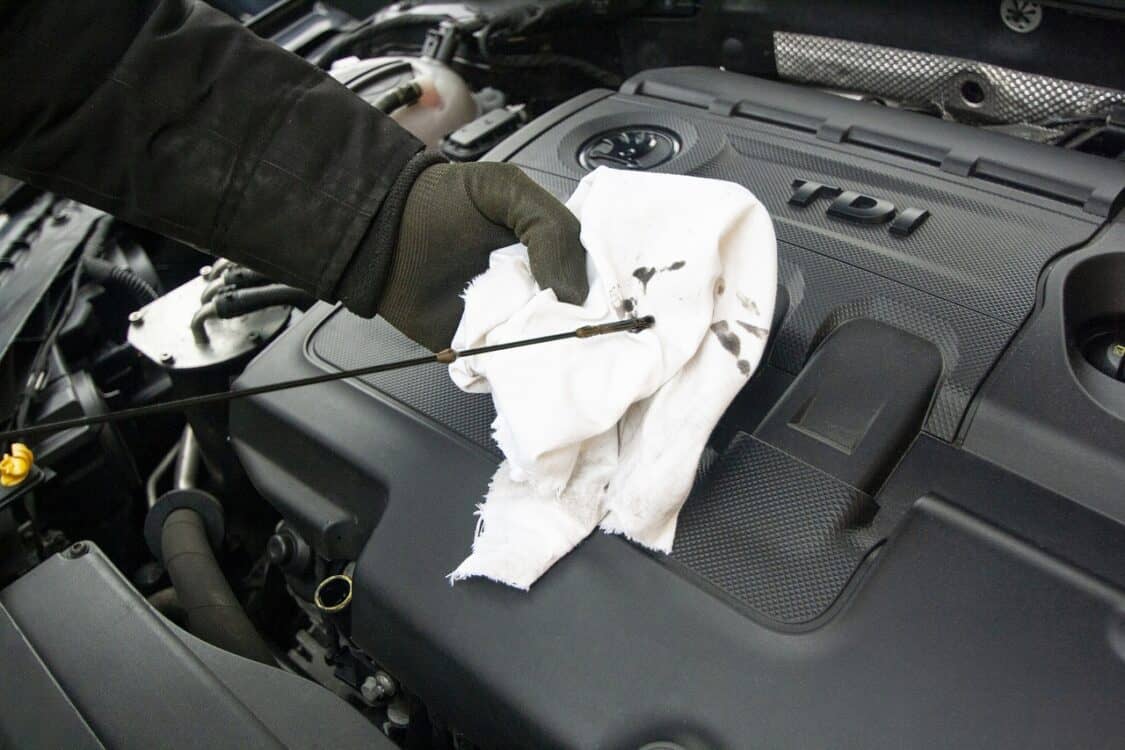
If you own a VW ID.4, your vehicle needs maintenance every 10,000 miles. For the intervals that begin with odd numbers (10K, 30K, etc.), the EV needs its battery and tires checked. Technicians will check the diagnostic system and reset the interval indicator. For the intervals that begin with even numbers (20K, 40K, etc.), VW technicians check the brakes, cooling system, steering, suspension, underbody linkage, horn, lights, electric motor, and high-voltage parts. At 110,000 miles, the technicians rotate the tires and replace the cabin air filter.
The typical cost for odd-numbered service is about $50, while the even-numbered service is around $150. However, VW ID.4 owners get two years of free maintenance. The Tiguan needs an oil change every 10,000 miles, and dealerships charge anywhere between $60 and $135. Additional services like engine filter replacement, coolant replacement, tire rotations, spark plug service, and more will increase the cost of each service visit.
While EV naysayers claim that EVs will need costly battery replacements before they reach 100,000 miles, it’s important to remember that the federal government requires all EV manufacturers to provide a 100,000-mile/8-year warranty on the EV battery and related components. Many manufacturers increased their warranties to 100,000 miles or 10 years.
Unexpected Repairs Adding to the True Cost to Own a Car
As someone who has owned Volkswagens (I had an early 2000s new Beetle, and my son had a CC), unexpected repairs pop up — especially related to oil, timing chains, and transmissions. A few repairs can quickly turn into thousands of dollars. CarParts.com reported that Tiguan owners complain about transmission and electronics issues, which force them to visit service centers more often than expected.
When it comes to the ID.4, common issues are related to electronics, often in the infotainment system. Updates often occur over the air, but drivers might need a subscription to get those. Some updates are covered by the manufacturer, but eventually, those freebies wear out. However, when it comes to paying for transmission repair or an infotainment update, the update will always be less expensive, helping bring down that true cost to own an EV.
Final Cost of Ownership: ID.4 vs. Tiguan
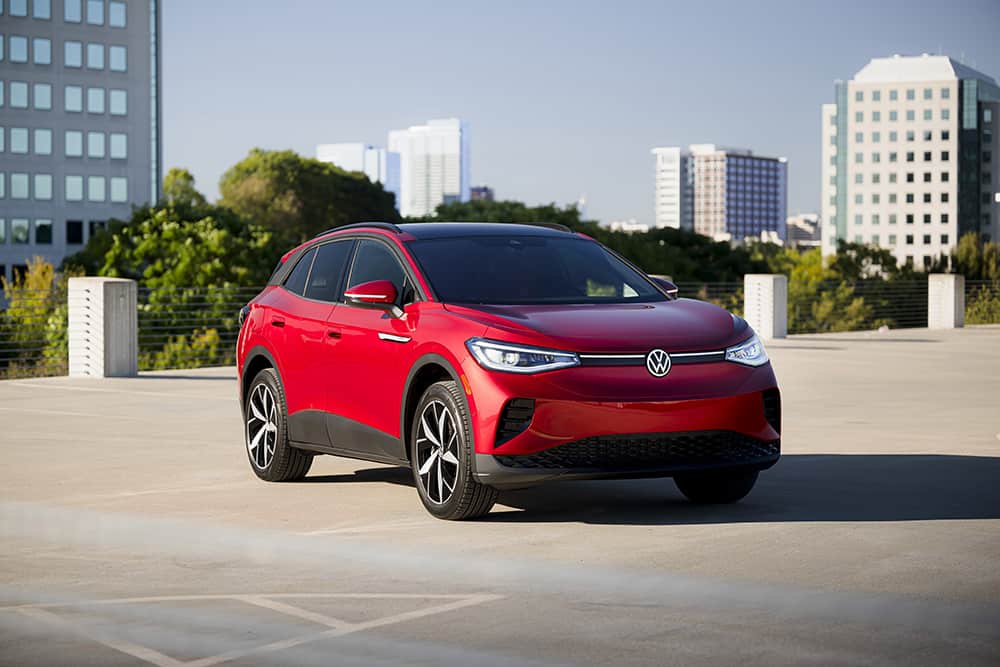
Filling the Tiguan once per week at $50 becomes a $2,600 annual fuel bill. Filling the ID.4 twice per week at home at $9.75 per charge is $1,014 annually. After 20,000 miles, the ID.4 needs about $200 in maintenance, while the Tiguan needs about $300 in maintenance. As the years add up, the ID.4 will have a lower true cost to own.
While the true cost to own an EV will always vary from driver to driver, generally, the ID.4 is less expensive to own than the Tiguan. Even though the ID.4 has a higher sticker price, the federal incentives, free charging, and minimal maintenance make it a great deal compared to the gas-powered Tiguan.
If the cost of ownership isn’t enough, the ID.4 offers more torque and a smoother ride. It also is emissions-free, making it better for the environment.
Are electric vehicles worth it? The short answer is yes.
ADVERTISEMENT

FEATURE IMAGE: VOLKSWAGEN
FTC: We use income-earning auto affiliate links. Learn more.


